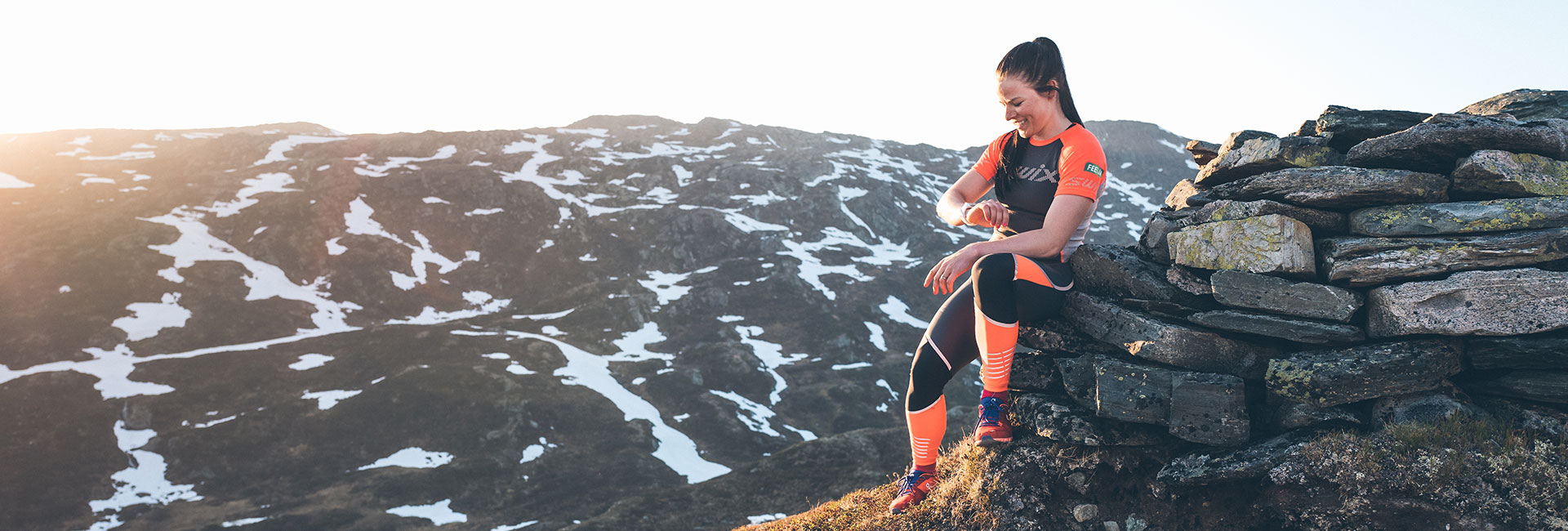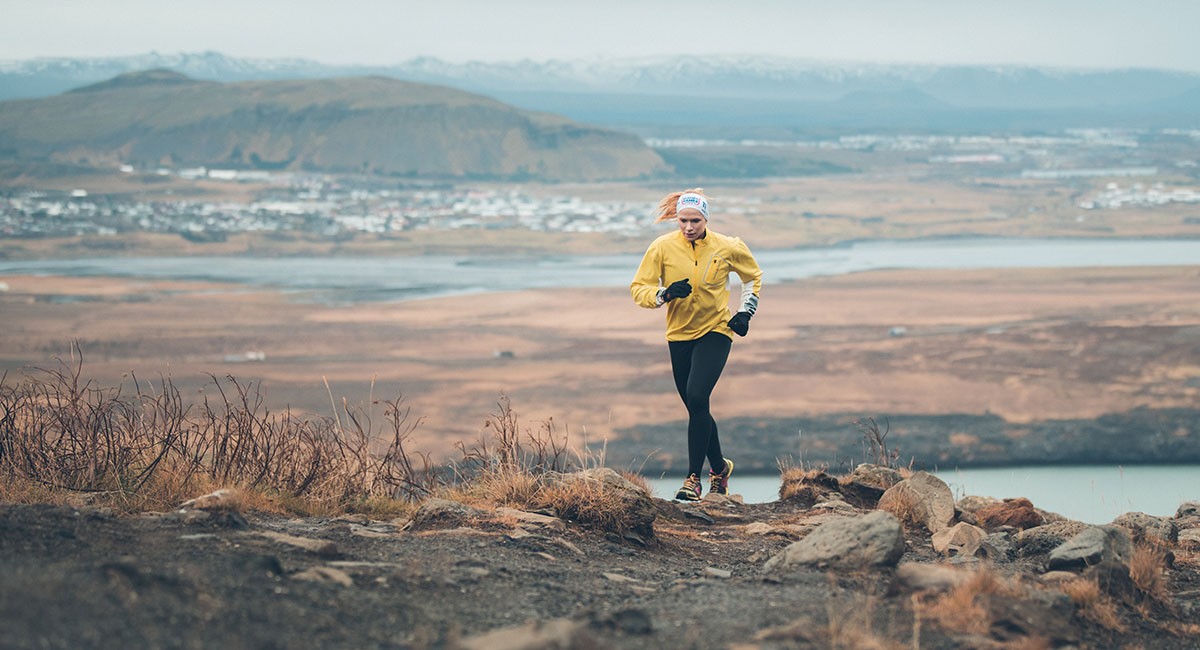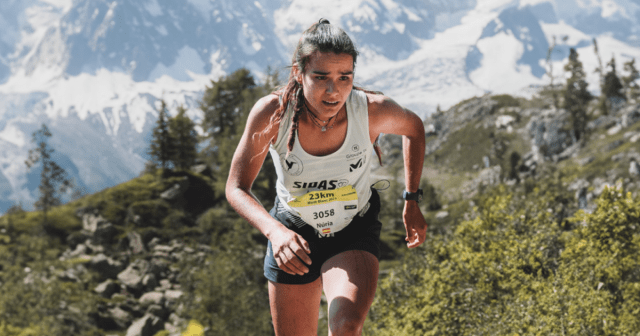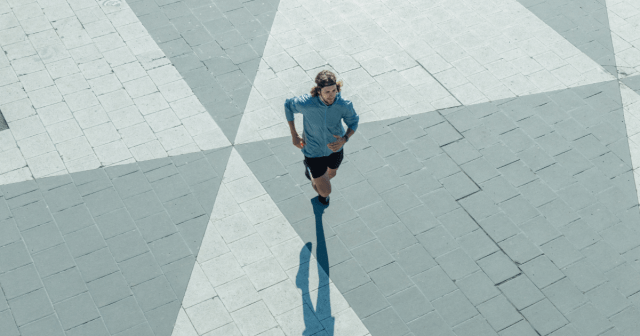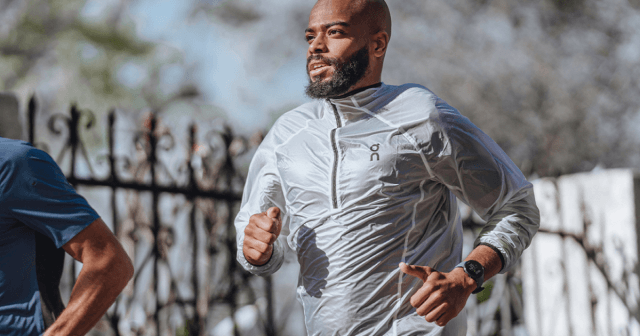Trail running training as an elite ultrarunner requires a rigorous training schedule, a meticulous diet and a hyper-obsessive focus on the nuisances of training data to reach the top levels of the sport.
Or so we thought.
David Kilgore, ultrarunner and trail connoisseur, seems to have found the “secret sauce” to this whole ultra thing — and no, it’s not monitoring power numbers or sleeping in a hypobaric chamber.
Here we take a look at David’s flexible trail running training and go-to methods (or lack thereof) when preparing for a trail race, including his diet, favorite routes, recovery techniques and more.
It’s clear that for David, trail running is all about enjoying the process and having fun.
what does your 50k Trail RUnning training plan look like?
My training doesn’t change too drastically depending on the distance. I think having a solid structure of interval speed training, harder long efforts and some climbing to build some strength is important.
Of course, stuff is slightly altered when coming towards a different event, but overall I feel my training always consists of those things more or less depending on the event.
I usually always run daily unless I am feeling too beat up or sometimes work or life runs away with things, but it’s pretty rare that I miss a day. The longest I go really depends on how awesome I think the area I am training is. If I am surrounded by some epic trails then sometimes I will go three-plus hours. Other than that, I feel like my longest day usually looks like just over 20 miles with a double included.
Overall I feel my training is a bit more based on what I find fun and exciting. Luckily for me most of the time what I find fun and exciting is pushing paces in the run but also finding new and unique places to run — it’s so exciting creating routes and exploring!
What is the ratio of interval workouts, speed training, long efforts and climbing during your training week?
I would say I do some kind of speed or intervals at least three to four times a week even if it’s strides after a run or intervals in the middle of a longer run.
Harder, long efforts usually happen once or twice a week or sometimes more if I am really loving the area I am training in.
I am always trying to get in climbing no matter what (living in the place that I do) — so at least four to five days a week.
How long is your taper before A Trail race?
It really depends on the race, but I would say most of the time just a few days prior. I give extra attention to my body and make sure I am feeling recovered and snappy.
I recover pretty fast, so I usually race pretty frequently because I find it fun, so I would say over 50 percent of the races I am usually just continuing to do my same day-to-day training.
Do you include any cross-training or strength workouts in your Trail RUnning training plan?
This is definitely something lacking in my training. I have started this year to try to focus a bit more on this because usually when I hit a few strength sessions with my friends I feel much stronger and more fit in my running.
For strength exercises, I feel it’s always pretty simple stuff like planks, single-leg squats, lunges, RDLS, crunches and also some dynamic movements, like jump squats, speed skaters, high knees, step-ups, etc.
You put in a ton of miles on a regular basis — what’s your secret to staying injury-free?
I think this is definitely something I have been blessed with. I think mainly it has been due to eating enough to make sure my body is always fueled up and strong, going off of feel and to take a bit of rest when I know I am feeling run down. I think a bit of self-maintenance helps when things flare-up, like extra stretching, rolling, strength work, etc.
Do you have a Strict Nutrition Plan?
I don’t really have too many diet tricks, and feel I eat pretty moderate (not extremely clean, not extremely unhealthy).
I really enjoy exploring new foods of all kinds, but definitely have a sweet tooth more than anything. I would say, though, it’s best to practice with the foods you will be racing with in training to help prep for race day.
Like many runners, carbs work extremely well for me. I eat this mixture my girlfriend, Molly, calls “Secret Sauce.” It’s granola, fruit, chocolate chips, peanut butter and sometimes milk mixed together in a bowl — I usually eat that as a snack.
Breads and sugars are what I crave the most. Peanut butter while running or any food too heavy or greasy are things I shy away from while racing, though.
Do you train exclusively on the trails?
I wish I did, but living in the heart of NYC it’s more or less hard to escape the road. I have mashed some cool paths together here, though, and there are some epic trails within 45 minutes from here.
Some of my favorite routes are Central Park, running late at night through the skyscrapers in midtown, a loop I call the Joker loop in Harlem and the Bronx with some good hill climbs and views of the city, the palisades across the GW bridge, the Beacon area near the AT, Greenbelt in Long Island as it reminds me a bit of my hometown trails in Florida, and Rockefeller Preserve in Sleepy Hallow.
WhAt Are Your GO-to trail running Training tools and gear?
I usually rock my favorite ON gear to train in no matter the weather. Shoe-wise I am usually training in the Cloudstratus, Cloudflow, and Cloudventure.
I will use a trail vest sometimes if it is going to be a long haul by myself, but mostly if I am going really long I am rocking Nathan handhelds, with some nutrition (preferably Honey Stinger) in the pockets, and a waist belt.
I wear my Polar watch that is linked to Strava on a day-to-day basis for racing and training. The metrics I usually measure are time, distance and the amount of elevation gained. I don’t focus too much on my heart rate zones – I train mostly off of feel and effort.
How do YOu Ensure recovery After (Trail) running?
I do some dynamic stretching from time to time, rolling, massage gun (as I am on the road quite a bit), and a bit of dancing in the house for fun sometimes!
I think dynamic stretching and strides always tend to loosen me up a bit and feel more sharp and snappy.
Sleep is always an important piece of the puzzle and something that differs for all. I usually get between six to eight hours a night normally and I feel pretty great (most of the time).
So, What’s ahead on your trail running journey?
I always like to be competitive and in the mix of things so looking forward, I want to come away with some wins or to be in the mix with the top group racing.
Also, this is all fun, I am going to have such a blast making new friends, seeing old ones, traveling and enjoying the immense beauty of the world.
If you liked this post, don’t forget to share so that others can find it, too.
Or give it a thumbs up!
I like this article
Please note that the information provided in the Polar Blog articles cannot replace individual advice from health professionals. Please consult your physician before starting a new fitness program.
